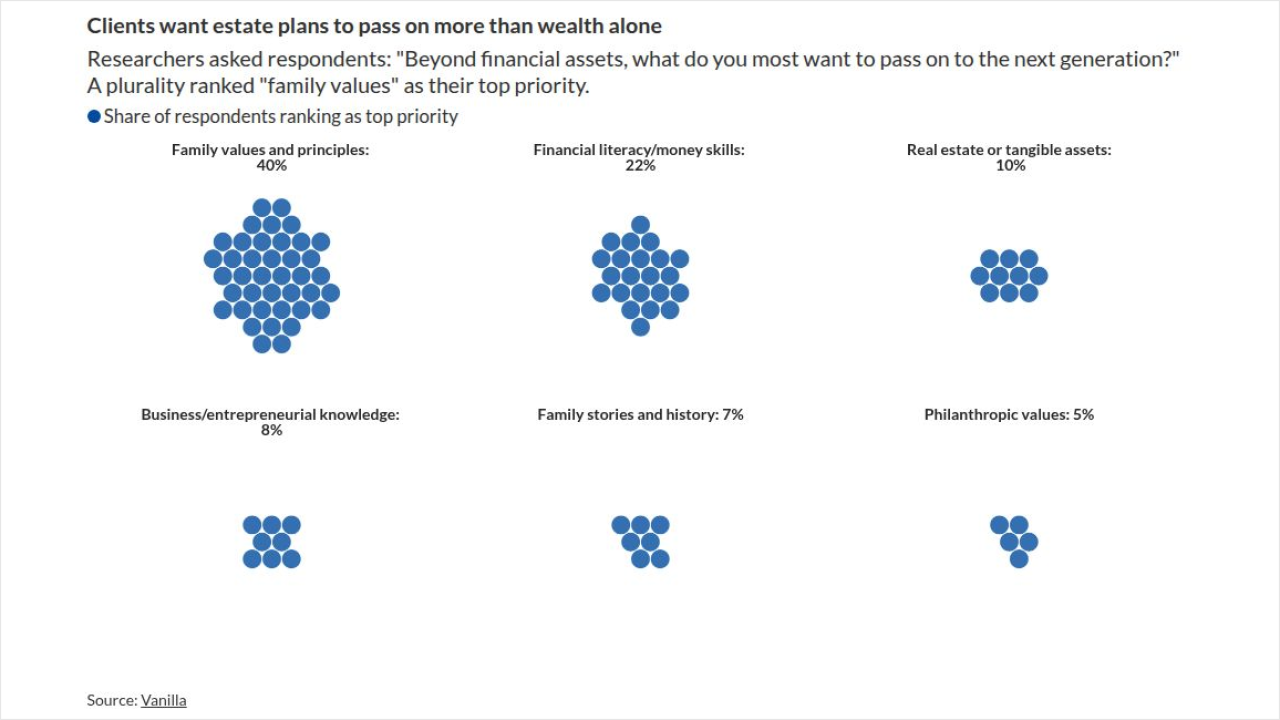Suspending 401(k) matches for just one year can save most companies millions of dollars a year, but doing so can very negatively impact participants savings rates and long-term retirement outlook, and should be avoided, according to
On average, employers save $1,500 per employee a year by ceasing the match, assuming a match of 50 cents on the dollar for the first 6% contributed. Large companies can save an average of $25 million a year, medium-sized companies $10 million and small companies $2 million.
However, Hewitt notes, once the match is suspended, employees may reduce their own 401(k) contributions or even stop contributing to their plan entirely. As a result, employees retirement savings shrink by thousands of dollars due to that one-year suspension.
Thus, a young worker earning $50,000 a year will have $1600 less for retirement just by their employer suspending matches for one year, and if they stop contributing during the year as well, they will have $48,000 less. Over five years, that retirement savings pool would be $150,000 less.
We believe employers should suspend their match only as a last resort, said Pam Hess, director of retirement research for Hewitt. Instead, Hewitt suggests that employers reduce the match rather than eliminate it temporarily. The consultancy also recommends that employers seek out lower-cost plans, encourage employees to save more on their own and urge them not to cash out.
So far, about 34% of employers have reduced or eliminated their 401(k) matches since January 2008, according to





